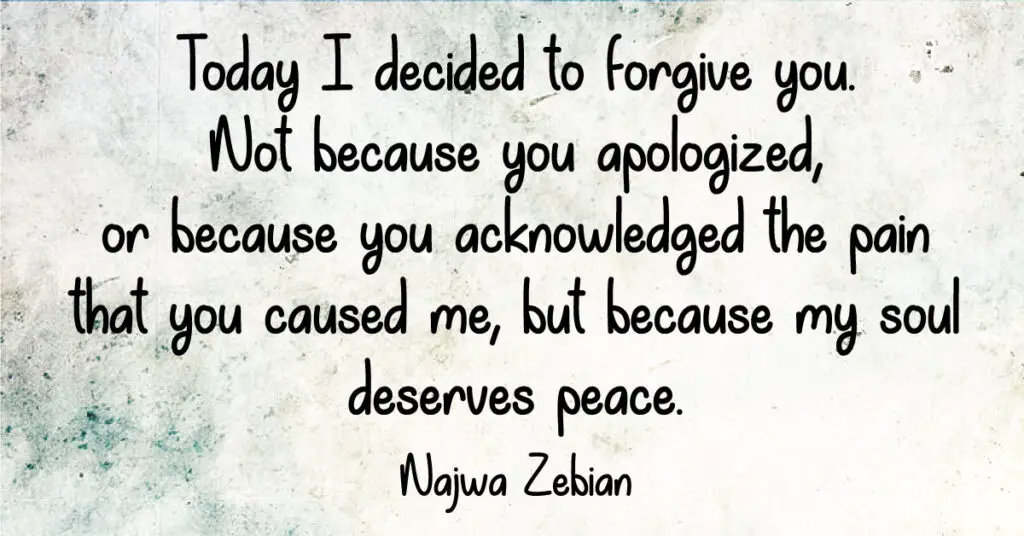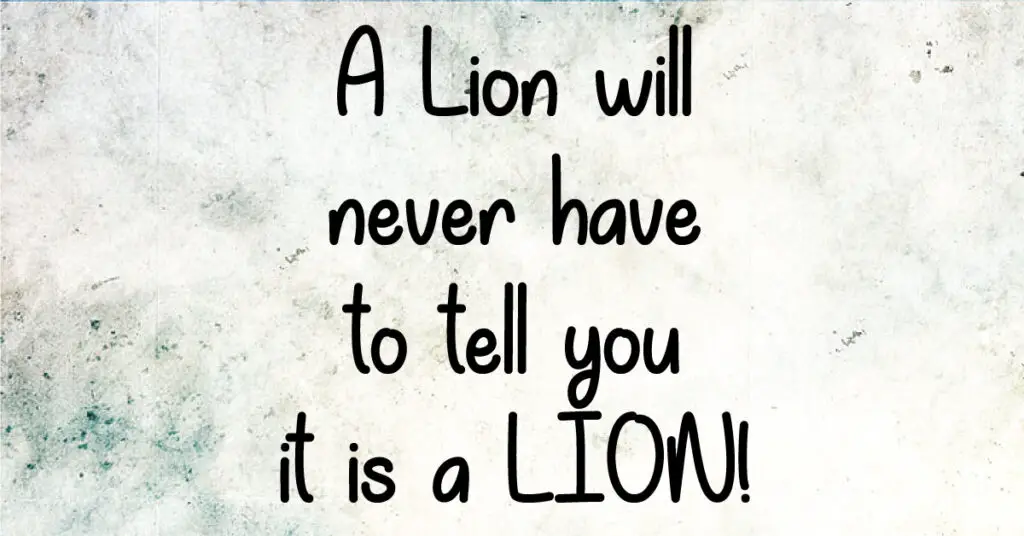Friendship is a complex and multifaceted aspect of human relationships. It is a bond built on a foundation of trust, communication, and mutual respect. Throughout our lives, we meet countless people who have the potential to become good friends. However, not all of these friendships turn out to be authentic and genuine. It’s not uncommon to find ourselves in situations where we realize that some of the people we thought were true friends are, in fact, not.
The reasons for such a realization may vary, but it usually involves fundamental differences in values, beliefs, or priorities. For example, you may find that you have a friend who always takes but never gives. Or, you may realize that someone you thought you could trust has betrayed your confidence and shared your secrets with others. You may also notice that some people in your life only seem to be around when it’s convenient for them or when they need something from you.
It’s important to acknowledge that not all friendships are created equal. Some friends may bring out the best in us and help us achieve our goals and aspirations. They may offer unconditional support and guidance, demonstrating a genuine desire to see us succeed in life. Other friends, on the other hand, may keep us stuck in the same old patterns, perpetuating negative behaviors and attitudes that prevent us from becoming our best selves.
While it can be painful to realize that someone you thought was a friend is not, it’s essential to recognize the importance of surrounding ourselves with people who have our best interests at heart. We can’t choose our family, but we can choose our friends, and it’s essential to be selective about who we allow into our inner circle.
Sometimes, the signs of a fake friend may not be immediately obvious. Friendships are complex, and it can take time for us to truly understand someone’s intentions and motives. Moreover, some people are skilled at hiding their true nature, presenting a persona that seems kind and trustworthy. It’s easy to get caught up in these masks and not see the warning signs that something may be amiss.
Therefore, it’s important to pay attention to our intuition and be mindful of any behaviors that seem inconsistent or raise red flags. While it can be challenging to acknowledge that someone we care for may not be a genuine friend, it’s crucial to prioritize our well-being and surround ourselves with people who uplift and support us.
Here are 10 Ways To Spot a Two-Faced Faker
They only show up when they need something
If someone only contacts you when they want something, it’s a sign that they may not be a true friend. A one-sided friendship is not genuine or reciprocal, and it can lead to feelings of resentment and hurt. Be mindful of individuals who seem to disappear when you have nothing to offer them, as they may not be interested in maintaining an authentic relationship with you. Genuine friendships are built on trust, mutual support, and respect, and they require equal effort and investment from both parties.
They always talk behind people’s back
If a friend frequently badmouths others to make themselves look better, they may not be genuine. Two-faced fakers often engage in this behavior to make themselves feel superior or to gain an advantage over others. It’s crucial to be aware of these types of friends, as they can often create drama and misunderstandings. If someone talks behind someone’s back to you, there is a good chance they are doing the same about you to others. Therefore, it’s essential to prioritize spending time with genuine friends who support and encourage you rather than those who seek to tear others down.
They are always changing their persona
If your friend often changes their personality, tone, or behavior depending on who they are with, it may be a sign that they are not a genuine friend. Two-faced fakers often prioritize fitting in with a group or person rather than being true to themselves. This lack of authenticity can make it challenging to trust and build a real relationship with them. It’s important to be aware of this warning sign as it can indicate that the friendship is not genuine or sincere.
They are quick to offer insincere flattery
It’s important to be wary of compliments that seem too good to be true as they may not be genuine. Fake friends often give insincere praise solely to get what they want from a situation. Such compliments are often superficial and lack real feelings or substance. By recognizing these red flags, you can protect yourself from vulnerability and avoid getting manipulated by two-faced fakers. Genuine friendships are built on mutual respect, honesty, and integrity, and compliments should reflect these values rather than be used to serve a hidden agenda.
They share your secrets without your permission
True friends are respectful of your boundaries and keep your secrets safe. If someone you consider a friend shares your private information, it’s a clear sign that they cannot be trusted. Sharing secrets without permission is an invasion of privacy and can damage a relationship’s foundation, leaving you feeling hurt and betrayed. It’s essential to be mindful of your own boundaries and to be selective about who you trust with sensitive information. Only genuine friends will understand and respect your need for privacy and confidentiality.
They are never happy for your success
A true friend is supportive and proud of your accomplishments, while a fake friend may try to put them down or make them seem like a negative thing. A two-faced faker may downplay your successes to make themselves feel superior or jealous, which can make you feel hurt or discouraged. Genuine friends, on the other hand, celebrate your achievements and encourage you to pursue your goals with enthusiasm and positivity. It’s essential to prioritize spending time with friends who support and uplift you rather than those who bring you down. With a supportive circle of friends, you can achieve great things and create a fulfilling life for yourself.
They only care about themselves
If a friend is always talking about themselves and their problems without ever showing any interest in your life, they may not be a genuine friend. A two-faced faker often prioritizes their own needs and wants, rather than being considerate or empathetic towards others. It can be draining to maintain a friendship where the focus is always on their goals and feelings, leaving you feeling like they don’t value or care about your experiences and emotions. True friends strive to be good listeners, supporting each other through both ups and downs. When someone only talks about themselves, it may be a warning sign that they are not a genuine friend.
They play both sides of an issue
Two-faced fakers may seem agreeable with everyone to avoid conflict, even if they don’t believe what they are saying. This lack of conviction can be a warning sign that they are not genuine and may be hiding their true feelings. True friends have the courage to express their thoughts and beliefs, even in challenging or uncomfortable situations. A genuine friend will prioritize honesty and open communication, even if it means risking conflict or disagreement in some cases.
They ignore you when you need help
If a friend is never there for you when you need them, it’s a clear sign that they may not be a genuine friend. A true friend is someone you can rely on through thick and thin, providing a listening ear or a helping hand when you need it most. If someone is consistently absent or unavailable, it can lead to feelings of loneliness and disappointment. Genuine friendships require effort and investment from both parties, and a true friend will prioritize your well-being and support you when it matters the most.
They don’t prioritize spending time with you
True friends prioritize their relationships and make an effort to spend time with one another. They value your time and look forward to building memories and creating experiences together. If someone only contacts you when they have no one else to hang out with or treat you as a backup option, they may not be a true friend. Genuine friendships are built on mutual respect and the desire to spend time together, not out of convenience or obligation. It’s important to prioritize relationships with friends who invest in your well-being and enrich your life with their presence.
Final thought
To sum up, friendship is a crucial part of human relationships, defined by mutual trust, open communication, and respect. Nevertheless, not all friendships are the same, and it is crucial to identify when a friend is not a genuine one. By focusing on building relationships with friends who truly care about our welfare and accomplishments, we can establish honest and supportive connections that add value to our lives.








